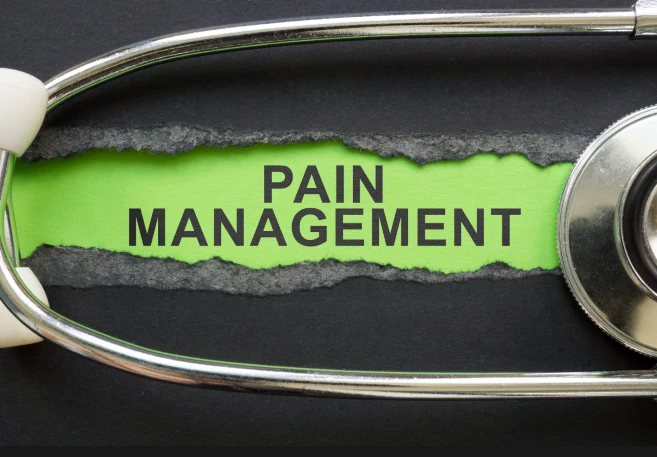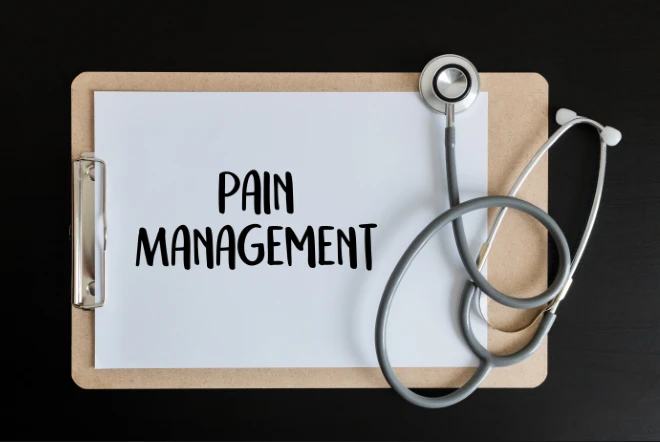Pain management
Natural Pain Relief: Your Guide to Managing Chronic Pain Without Medication
Living with chronic pain affects millions of people worldwide, but you don't have to rely solely on prescription medications to find relief. Natural pain management approaches offer effective alternatives that can reduce discomfort while supporting your overall health. Whether you're dealing with arthritis, muscle tension, or other forms of chronic pain, these evidence-based strategies can help you reclaim control over your daily life.
Understanding Natural Pain Management
All natural pain management focuses on treating pain through methods that work with your body's natural healing processes. Unlike pharmaceutical approaches that often mask symptoms, natural methods address underlying causes while minimizing side effects. These techniques can be used alone or alongside conventional treatments to create a comprehensive pain management plan.
Research shows that natural approaches can be remarkably effective. A study published in the Journal of Pain Research found that people using integrative pain management techniques reported significant improvements in both pain levels and quality of life compared to those relying solely on medication.
Natural Supplements for Pain Management
Natural supplements for pain management have gained recognition from both patients and healthcare providers for their ability to reduce inflammation and provide lasting relief.
Turmeric and Curcumin
Turmeric contains curcumin, a powerful anti-inflammatory compound that rivals some prescription medications. Clinical trials demonstrate that curcumin supplements can reduce pain and stiffness in people with various conditions. For optimal absorption, look for supplements containing piperine (black pepper extract) or choose curcumin formulations specifically designed for bioavailability.
Omega-3 Fatty Acids
These essential fats found in fish oil, flaxseeds, and walnuts possess potent anti-inflammatory properties. Research indicates that omega-3 supplementation can significantly reduce joint pain and morning stiffness. Aim for at least 1,000-2,000mg daily of combined EPA and DHA for therapeutic benefits.
Boswellia Serrata
Also known as Indian frankincense, boswellia has been used for centuries to treat inflammatory conditions. Modern studies confirm its ability to reduce pain and improve mobility by blocking inflammatory enzymes. This supplement is particularly effective for joint-related discomfort.
How to Manage Arthritis Pain Naturally
Arthritis affects over 54 million Americans, making it crucial to understand how to manage arthritis pain naturally without relying solely on medications.
Movement and Exercise
While it might seem counterintuitive, regular movement is essential for managing arthritis pain. Low-impact exercises like swimming, walking, and yoga help maintain joint flexibility while strengthening supporting muscles. Water exercises are particularly beneficial because buoyancy reduces stress on joints while providing resistance for muscle strengthening.
Heat and Cold Therapy
Alternating between heat and cold applications can provide significant relief. Heat therapy relaxes muscles and increases blood flow, while cold therapy reduces inflammation and numbs pain. Try warm baths, heating pads, ice packs, or cold compresses to determine what works best for your specific pain patterns.
Dietary Modifications
An anti-inflammatory diet can dramatically impact arthritis symptoms. Focus on foods rich in antioxidants, omega-3 fatty acids, and phytonutrients. Include plenty of leafy greens, berries, fatty fish, nuts, and colorful vegetables while limiting processed foods, refined sugars, and excess omega-6 oils that can promote inflammation.
Lifestyle Approaches for Natural Pain Relief
Stress Management Techniques
Chronic stress amplifies pain perception through various biological pathways. Incorporate stress-reduction techniques like meditation, deep breathing exercises, or progressive muscle relaxation into your daily routine. Even 10-15 minutes of mindfulness practice can help reduce pain intensity and improve coping mechanisms.
Quality Sleep Optimization
Poor sleep and pain create a vicious cycle where each worsens the other. Establish consistent sleep hygiene practices including a regular bedtime routine, comfortable sleep environment, and avoiding screens before bed. Consider natural sleep aids like chamomile tea or magnesium supplements if needed.
Massage and Bodywork
Regular massage therapy can reduce muscle tension, improve circulation, and trigger the release of natural pain-relieving chemicals. Self-massage techniques, foam rolling, or professional therapeutic massage can all contribute to pain management.
Creating Your Natural Pain Management Plan
Start by identifying your specific pain triggers and patterns. Keep a pain diary noting intensity levels, activities, weather, stress levels, and foods consumed. This information helps you understand what natural approaches might work best for your situation.
Begin with one or two techniques rather than overwhelming yourself with multiple changes simultaneously. Consistency is more important than intensity when developing natural pain management habits.
Moving Forward with Natural Relief
Managing pain naturally requires patience and persistence, but the benefits extend far beyond pain reduction. These approaches often improve energy levels, sleep quality, and overall well-being while reducing dependence on medications.
Remember that natural doesn't always mean immediate. While some techniques provide quick relief, others may take weeks or months to show full benefits. Work with healthcare providers who understand integrative approaches to ensure your natural pain management plan complements any necessary medical treatments.
Your journey toward natural pain relief starts with small, consistent steps. By incorporating these evidence-based strategies into your daily routine, you're taking control of your pain rather than letting it control you.



